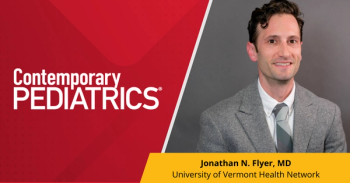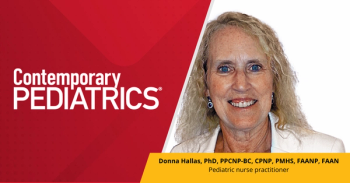
AAP offers guidance on ADHD and substance abuse
Children with attention-deficit/hyperactivity disorder are more likely than their peers to develop problems with substance abuse, the American Academy of Pediatrics says in a new clinical report that outlines strategies for reducing the risk.
Children with
According to research cited by the AAP, children with ADHD are more than 2.5 times likelier to develop a substance abuse disorder than children without ADHD. They’re also twice as likely to have a lifetime history of nicotine use and almost 3 times more likely to report nicotine dependence as adolescents and adults; nearly 2 times more likely to meet diagnostic criteria for alcohol abuse or dependence; about 1.5 times more likely to have marijuana use disorder; and twice as likely to develop cocaine abuse or dependence.
Treating ADHD with stimulants, especially at a young age, may lower the risk of substance abuse, but the drugs can present their own set of problems, including misuse (use other than for the prescribed purpose), diversion (transfer to someone for whom the drug wasn’t prescribed), and addiction. Short-acting preparations have greater potential for misuse and abuse than sustained-release and longer-acting formulations.
To reduce the risk of misuse, diversion, and addiction, the AAP recommends the following prescribing practices for stimulants:
- Confirm an ADHD diagnosis before prescribing.
- Screen older children and adolescents for use of alcohol, marijuana, and other drugs. Ask: “In the past year, have you had a drink? Used marijuana? Used any other substance to get high?”
- Provide anticipatory guidance on proper use of the medication and potential for misuse, including the possibility of being approached to sell prescription drugs.
- Document prescription records as required by law. Stimulant medication is a Drug Enforcement Administration class II controlled substance.
To get weekly clinical advice for today's pediatrician,
Newsletter
Access practical, evidence-based guidance to support better care for our youngest patients. Join our email list for the latest clinical updates.









